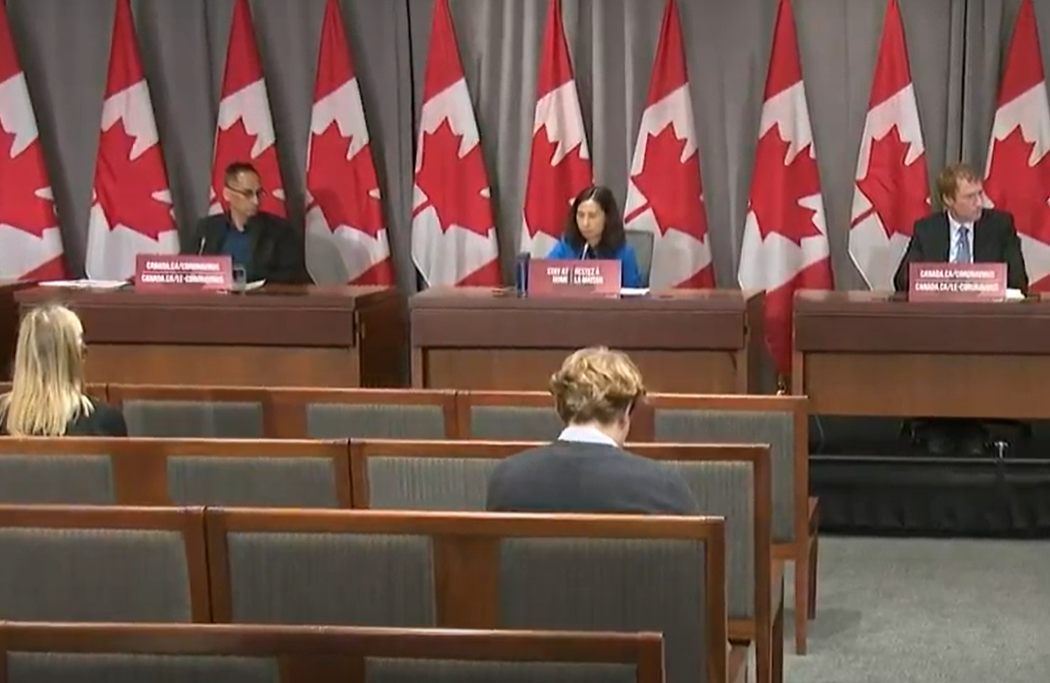As of Tuesday, Canada has seen over 5,000 COVID-19 deaths since the pandemic began. There are over 70,000 confirmed cases across the country.
The country’s Chief Public Health Officer said all aspects of the next phase will be focused on extreme caution because the virus could take off rapidly. Dr. Theresa Tam said before any international border restrictions are considered to be lifted, provinces and territories need to see what happens when domestic public health measures are eased.
She said health system capacity and the ability to detect and contact-trace as well as quarantine and isolate them is the next step. Tam noted that it also depends on tracking international epidemiology because the virus is in all countries and at different stages.
She quickly pointed out that the United States does present a risk to Canada. Tam said one of the key strategies for better testing is widening the symptom list to test anyone who has mild symptoms. She said this would be casting the net a lot wider than a month or so ago, in the middle of the epidemic. Tam said the next phase of testing will focus on those with mild symptoms who were told to stay at home and “wait it out.”
As for how the federal government can ramp up long-term care, Tam said the key is to prevent the entry of the virus which can be quite difficult because of asymptomatic people. That includes the use of personal protective equipment for staff member’s entire shifts. Another factor is the staff’s ability to stick to one facility for those working at multiple homes at a time, which Tam said poses a challenge because of their relatively low-paying jobs.
On reports of essential-medicine shortages, Tam said Health Canada monitors and facilitates constant discussions with the provinces and territories on any signs of any kind of drug or essential supply issues. She said the agency is looking at different procurement strategies including domestic capacities as well.
Meanwhile, by May 10th, the Canada Emergency Response Benefit saw another 569,000 new applications.
The Canada Revenue Agency along with Service Canada reports just under 11.4-million applications have been received since mid-March. Of those, 11.3-million applications have been processed, amounting for about $30.5-billion paid to Canadians in CERB payments.




